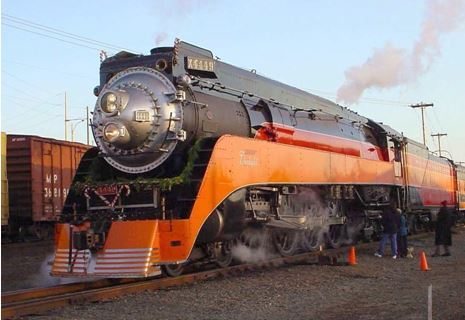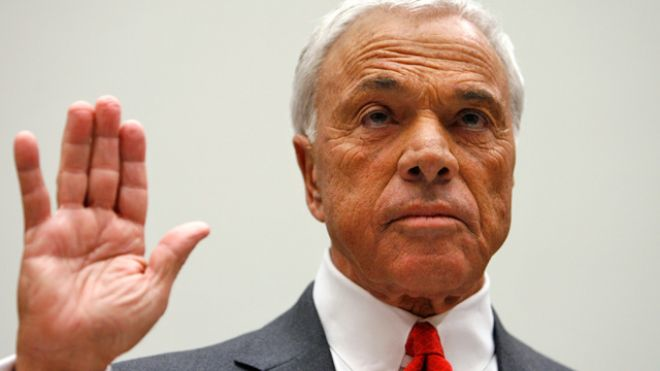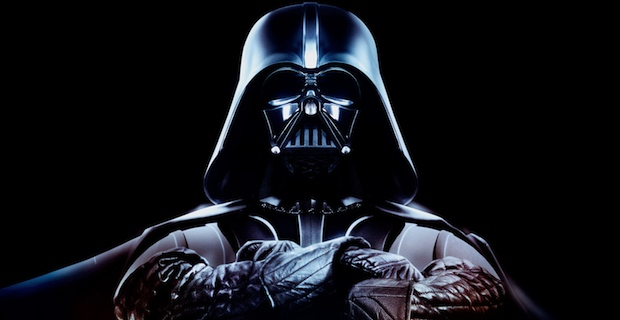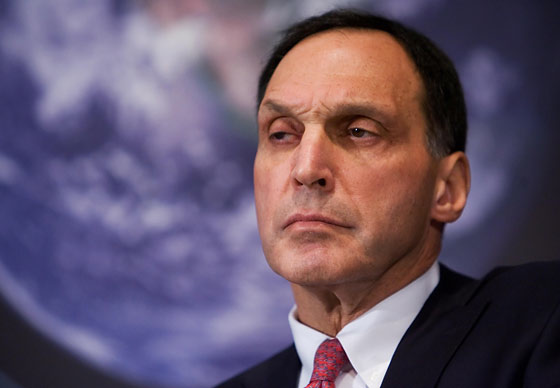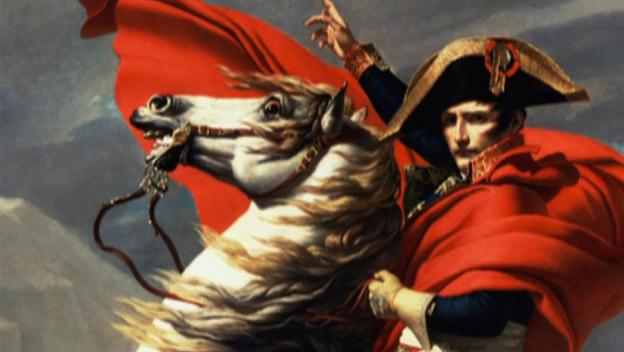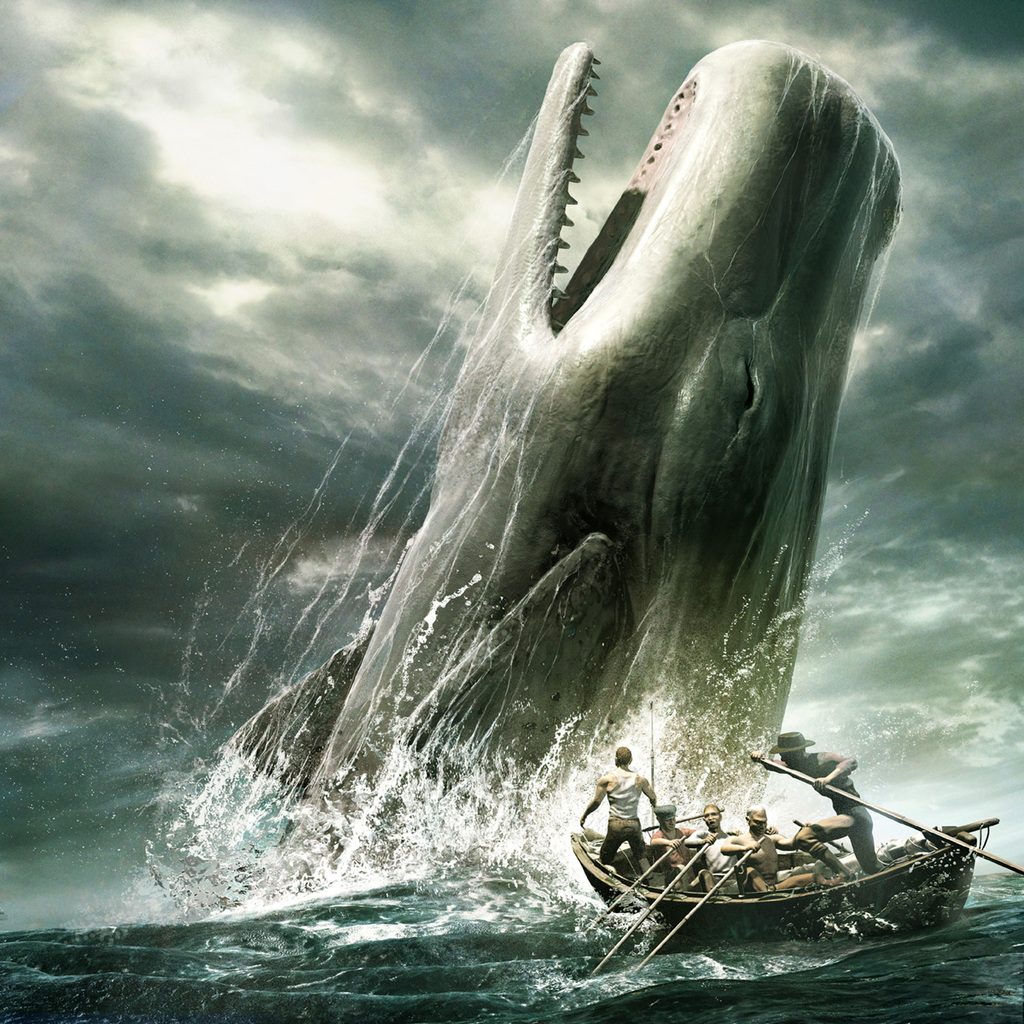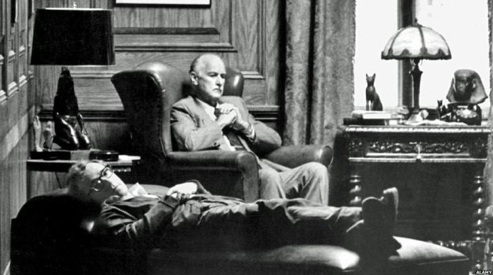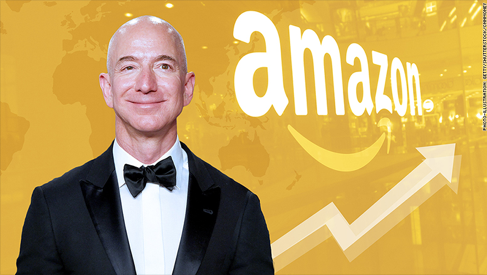Bozzie:
Business is booming in the solar industry. I sold a 7 figure project earlier this month and have another one on the table this week. If you went back 5 years ago in this market there were not any projects of this size. I get calls for people asking me to bid on projects that are $100 million and larger. We are just not big enough to take on something like that. There are 3 companies in Minnesota that are doing projects that size though. A business can invest in solar and get their money back in 3 to 6 years. The price of electricity is going up at a rate much faster than inflation across the country. Our largest provider in Minnesota just asked the PUC for a 20% rate increase over 3 years. I met with one of their executives for lunch and in public they say they want to go green. They want to build large solar arrays and wind farms to sell electricity to their customers. Privately they call solar the death spiral. Price of solar keeps coming down and price of electricity keeps going up. People buy their own solar system....fewer customers to support the grid and the price of electricity goes up....more buy solar.
People dont like change but the world is changing. They will have to start charging larger monthly fees. So the next step would be people cutting the cord and getting rid of the electric company all together. In southern states this will be easier because of the production curve is similar month to month. Northern states this will be more difficult. We produce so little in the winter months. Probably would need batteries and backup generator to make sure you have enough power. Battery technology is coming fast. Tesla has a good battery but not made for off grid and I cant buy Tesla. Genrac has a good generator and their stock has done well (but everything has done well).
I have both ENPH and SEDG. I will probably add more with the investment tax credit extended for two more years. I just see them having strong business for the next 3-5 years. You would have to be really screw it up with the amount of business they have available.
On the panel side of things. Jinko is the largest in the world. They make them in places other than China too. We had a 5 megawatt shipment and they came from Vietnam. They have a plant in Florida too. They make a good workhorse panel. The other thing they do for big projects is they dont miss shipment dates. If they agree to have panels their on June 1 they are there. Many of the competitors miss dates all of the time. For large projects they have the highest bankability score. They are another one to look at.
I am still working on the glass manufacturers. The only thing I have found requires an international account. Not sure how much of a pain that is to setup and fund.
I just think overall solar is still in diapers and there is a ton of upside growth still. I would put the solar stocks into the buy and forget portfolio for at least 5 years.
Hope that helped.
Northern Star
Business is booming in the solar industry. I sold a 7 figure project earlier this month and have another one on the table this week. If you went back 5 years ago in this market there were not any projects of this size. I get calls for people asking me to bid on projects that are $100 million and larger. We are just not big enough to take on something like that. There are 3 companies in Minnesota that are doing projects that size though. A business can invest in solar and get their money back in 3 to 6 years. The price of electricity is going up at a rate much faster than inflation across the country. Our largest provider in Minnesota just asked the PUC for a 20% rate increase over 3 years. I met with one of their executives for lunch and in public they say they want to go green. They want to build large solar arrays and wind farms to sell electricity to their customers. Privately they call solar the death spiral. Price of solar keeps coming down and price of electricity keeps going up. People buy their own solar system....fewer customers to support the grid and the price of electricity goes up....more buy solar.
People dont like change but the world is changing. They will have to start charging larger monthly fees. So the next step would be people cutting the cord and getting rid of the electric company all together. In southern states this will be easier because of the production curve is similar month to month. Northern states this will be more difficult. We produce so little in the winter months. Probably would need batteries and backup generator to make sure you have enough power. Battery technology is coming fast. Tesla has a good battery but not made for off grid and I cant buy Tesla. Genrac has a good generator and their stock has done well (but everything has done well).
I have both ENPH and SEDG. I will probably add more with the investment tax credit extended for two more years. I just see them having strong business for the next 3-5 years. You would have to be really screw it up with the amount of business they have available.
On the panel side of things. Jinko is the largest in the world. They make them in places other than China too. We had a 5 megawatt shipment and they came from Vietnam. They have a plant in Florida too. They make a good workhorse panel. The other thing they do for big projects is they dont miss shipment dates. If they agree to have panels their on June 1 they are there. Many of the competitors miss dates all of the time. For large projects they have the highest bankability score. They are another one to look at.
I am still working on the glass manufacturers. The only thing I have found requires an international account. Not sure how much of a pain that is to setup and fund.
I just think overall solar is still in diapers and there is a ton of upside growth still. I would put the solar stocks into the buy and forget portfolio for at least 5 years.
Hope that helped.
Northern Star


